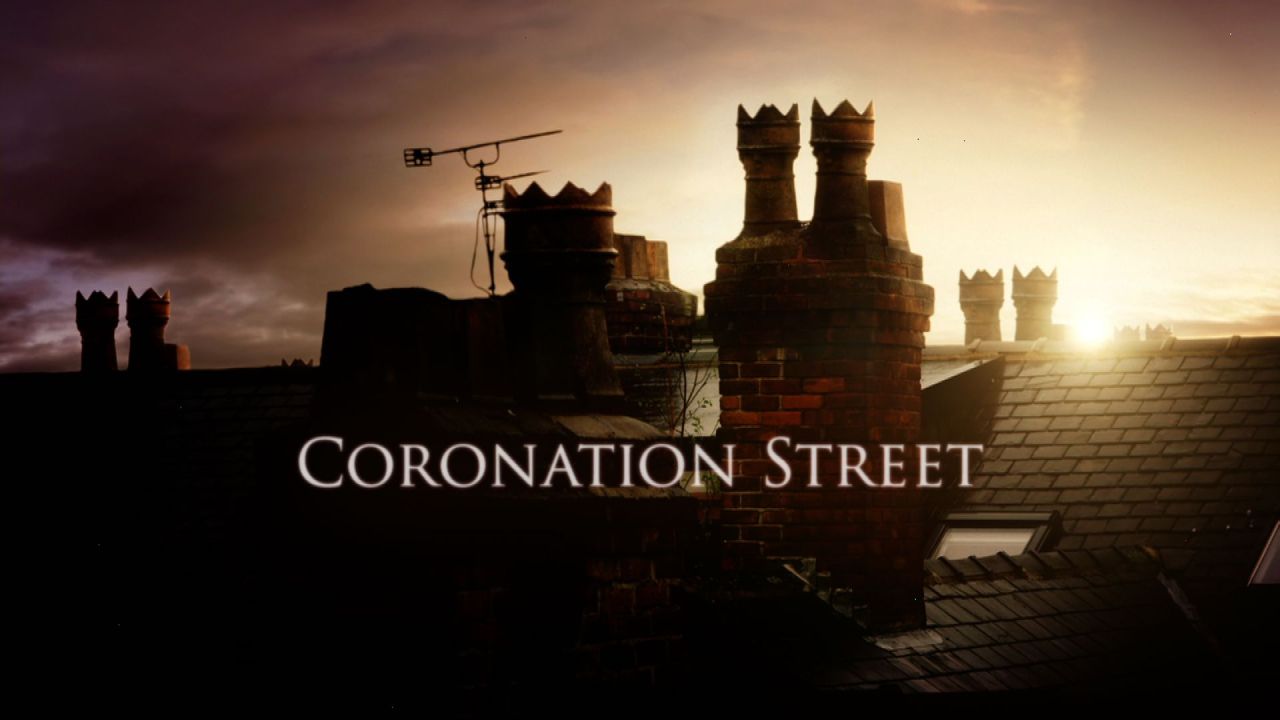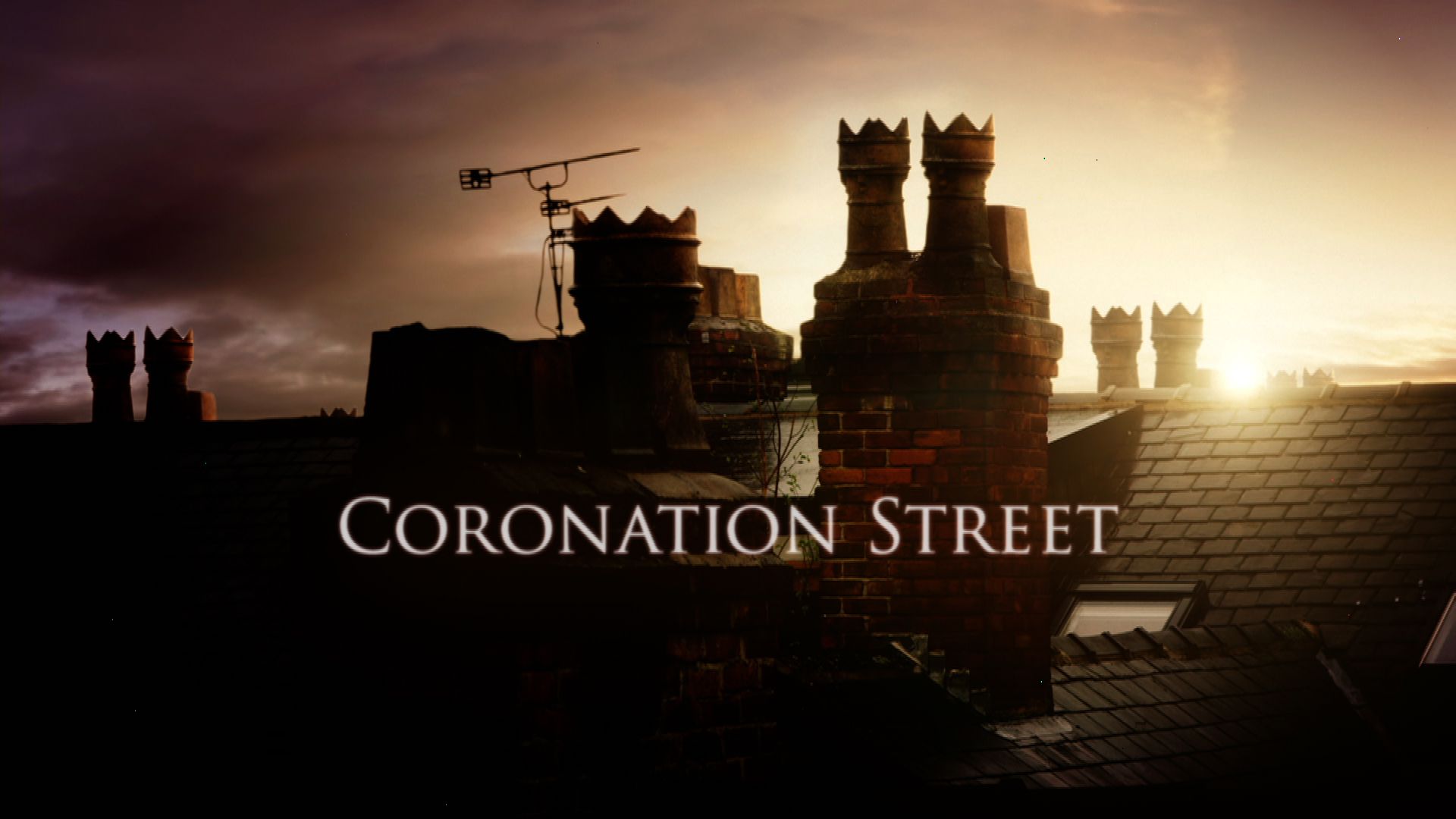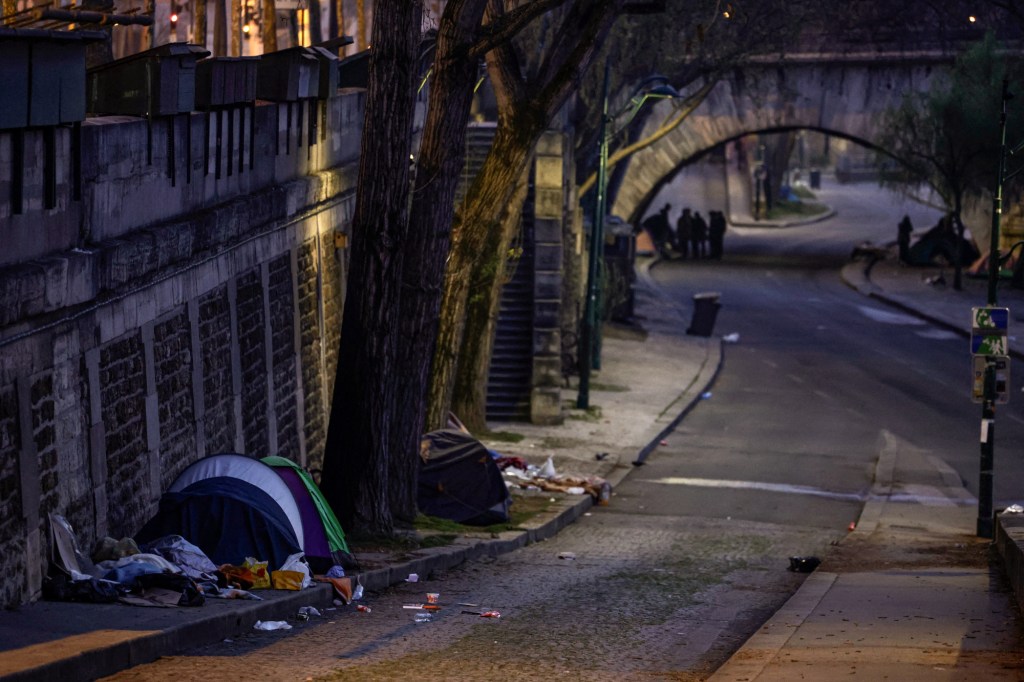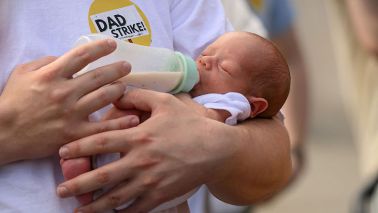In what looks like an act of remarkable stinginess, bosses at ITV have reportedly cancelled the traditional freebie summer party for the cast and crew of Coronation Street. The show is still one of the network’s top-rated programmes, and the beleaguered staff are said to be ‘furious’, according to the report in the Sun. I don’t blame them.
This is trivia, yes, but I think it’s a telling moment along the pathway of television’s slow demise. The medium is contracting. Just a few months ago, ITV announced that it was reducing the number of episodes of both Coronation Street and Emmerdale to a mere five half-hour slots each per week. Cast contracts have also been redrawn to bring down the number of episodes an actor is guaranteed per year. The soaps are slowly shrinking.
What will this contraction leave us with? What will we do without television?
I worked on both these shows – getting on for thirty years ago now – at the time when the opposite was very much the case. Back then, we would often have to stick characters superfluously into scenes just to fulfil the actors’ contract guarantees. You may wonder why Rita, say, would hover with a couple of lines in the Rovers every now and then – ‘A gin and lime, Betty, after the day I’ve been having’. And I was in the room as the decrees came down from high level at ITV that the number of episodes was going up to five a week. Now I have the sensation of watching the tide go out again.
However, even in those glory days, there was often a feeling that for the biggest shows on the box, which were bringing in millions of pounds in advertising revenue, things could be surprisingly threadbare on ground level. Because production had always been achieved at the chip shop level, it was considered that a level of cheapness and haste was acceptable. Ask for any kind of complicated or specially designed prop and you were inviting trouble. There was never enough time, and so retakes – and even rehearsal in the traditional sense – were impossible. Huge amounts were spent on extraneous things – big-budget trailers and direct-to-video spin-offs – that didn’t seem to increase the ratings at all. Meanwhile, staff on the actual show were having to rush scenes at the end of the day for fear of a few minutes of overtime.
I remember looking at the rather battered third-hand car driven by the then-producer of Emmerdale and thinking, ‘I highly doubt that the person behind the second biggest show in the States is getting about in a vehicle like that’.
The increase in episodes turned the soaps from occasional treats to everyday, routine background material. Their ubiquity, perversely, made them easier to ignore; keeping up with them as they started running double episodes on top of the regular instalments required a major lifestyle alteration from viewers. Standards, inevitably, slipped. The last time I tuned in regularly, I kept noticing mismatches in continuity and a depressing uniformity of tone, with every scene played and shot in much the same way as every other one. There’s no time to do anything else.
The contraction of these shows is a sign of something wider and more significant. British TV as a whole is contracting. Revenues in ITV plummeted by 8 per cent in nine months in 2024. In March, the BBC – the begging bowl held out as per – whined that ‘without intervention, it will be difficult to maintain the current ambition and volume of UK content’. It revealed that its ‘content spend’ – what a gruesome term – for the coming 12 months will drop by £150 million.
The thinking is that the British broadcasters cannot compete on an equal footing with the high production values of the international (for which, read American) streamers. But the streamers are in trouble too, with rising subscription fees and the introduction of interruptions from adverts into their programmes. It may well be that TV streaming is itself a bubble, though a surprisingly long-lived one.
What will this contraction leave us with? What will we do without television? At what point does it stop being recognisably television? Has that, in fact, already happened?
Maybe AI will inspire new methods and new ideas? I doubt it. Old brands are already everywhere in the media – who would ever have thought that three of the big shows of 2025 would be Bergerac, Blankety Blank and All Creatures Great And Small? What next – gritty, multi-ethnic reimaginings of Rentaghost or Don’t Wait Up?
AI will surely smash straight into the TV industry’s reliance on the familiar and the very old. You’re frustrated that there are only 12 episodes of Fawlty Towers? Enter a prompt and get 100 more.
But a bespoke portfolio of AI content is conceivable. I long for a TV drama that tells its story in chronological order, and I’m beginning to think that’s only going to happen if I ask a computer to provide me with one.
I find myself strangely optimistic about this brave new world – not for the programme makers, but for viewers. The disconnect between these two groups has got ever wider and more extreme and has hastened the inevitable demise of TV. AI will, surely, be a better judge of what people actually want to watch than some spotty Herbert with a 2:1 in Diversity Studies. Roll out the robots!









Comments